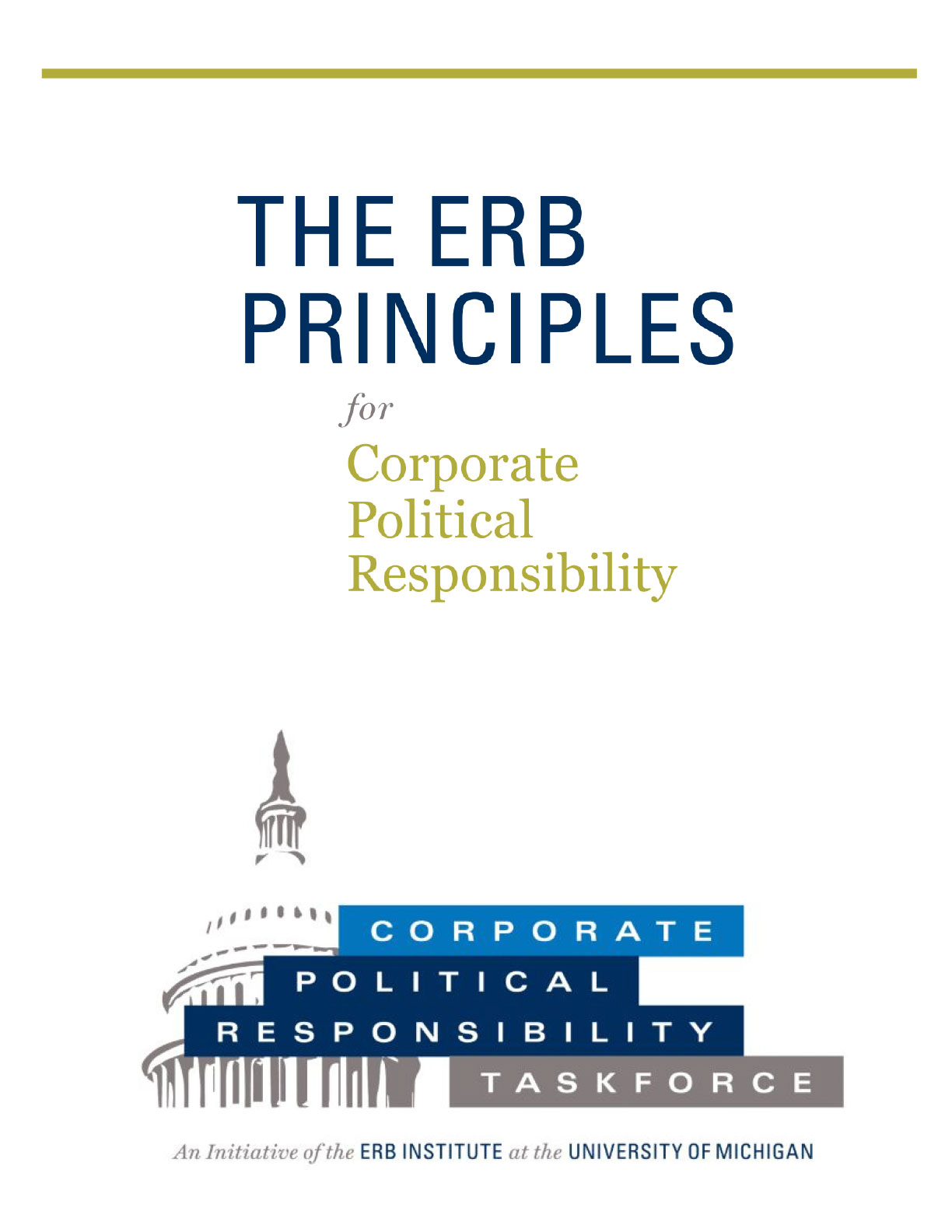Do you have a resource to recommend for The CPR Hub? Please reach out and we will review it for future updates!
Distinguishing Rhetoric from True Authoritarian Threats
Video 1 of 3
On June 6, 2022, we spoke with NYU Professor Ruth Ben-Ghiat and Katherine Venice of the Ethical Capitalism Group to explore “Rising Authoritarianism: How Business Can Recognize and Respond to True Threats to Representative Democracy”
As hyper-partisanship escalates in the US and beyond, both the left and right are leveling accusations of authoritarianism and even fascism at the other side. Though business leaders may wish they could stay out of the fray, multiple independent sources show the US is facing serious threats to civic institutions, representative democracy, political equality and the rule of law. Given rising trust in business, companies are uniquely positioned to help the country navigate these risks, if they can distinguish true threats and respond effectively.
In this module, we explore:
- How do you define authoritarianism… and why are you convinced that it is a real threat today, in the US?
- Why is authoritarianism rising today?
The Corporate Political Responsibility Taskforce (CPRT)’s Expert Dialogues are in-depth, recorded conversations with academic experts, stakeholder advocates and business practitioners to provide our members and other CPR champions with the expertise and context they need to develop principled, proactive CPR strategies. We invite those interested in a constructive, non-partisan, principles-based discussion.
Ruth Ben-Ghiat is Professor of History and Italian Studies at New York University who writes about fascism, authoritarian leaders, propaganda, and democracy protection. She is the author of Strongmen: Mussolini to the Present and an Advisor to Protect Democracy.
Katherine Venice is Founder of the Ethical Capitalism Group, bringing an investor perspective to reforming capitalism so that it works for Main Street, not just for Wall Street. From 1995 to 2014, she served as an institutional investor with three top-tier global investment management firms.
The full transcript for this module is available here.
Keywords: #CorporatePoliticalResponsibility #ESG #CPR_Responsibility #EnterpriseRisks #Inclusion


